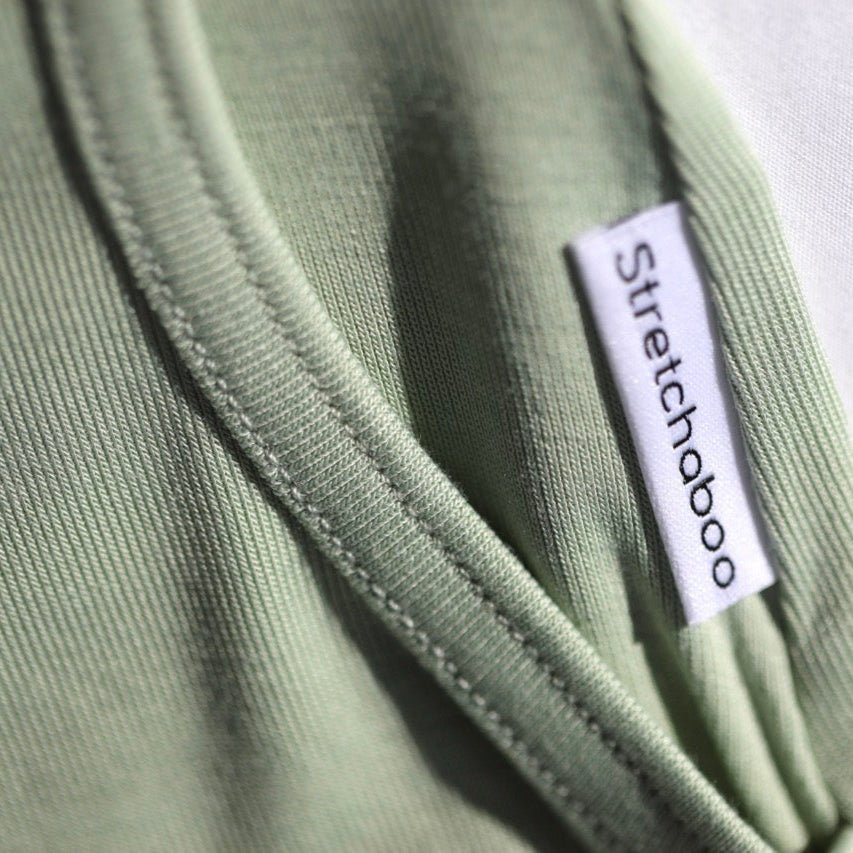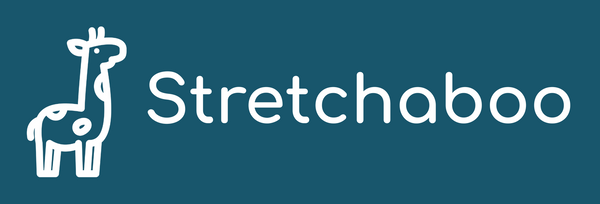
Bamboo vs. Organic Cotton vs. Tencel: What's Best for Baby Skin in 2025?
Share
For lots of parents, choosing baby clothes means finding something that's comfortable and sustainable. In 2025, bamboo, organic cotton, and Tencel lead the eco-friendly pack. At Stretchaboo, we love bamboo, but here’s all the research we've done to help you pick the best fabric for your baby’s sensitive skin.
Why Fabrics Matter
Baby skin is 30% thinner than adults’ so it's prone to irritation and rashes. And with “eco-friendly baby clothes” searched 2,500 times monthly, parents want soft, green fabrics. Let’s compare bamboo, organic cotton, and Tencel for comfort, eco-impact, and cost.
1. Bamboo: Soft and Sustainable
What is it? Bamboo, used in Stretchaboo’s popper-free baby grows, is a soft, stretchy fabric from bamboo viscose, ideal for sensitive skin.
- Pros: Ultra-soft, hypoallergenic, and moisture-wicking (3x faster than cotton). Great for eczema and allergy sufferers.
- Eco-Impact: Grows fast, uses 30% less water than cotton. Closed-loop processing recycles 99% of chemicals (as long as you look out for Oeko-Tex Standard fabric such as ours)
- Cost: £15-£30 per onesie.
- Best For: Sensitive skin and sustainability. See our bamboo baby grows.
2. Organic Cotton: Classic and Affordable
What is it? Grown without pesticides, organic cotton is soft and safe but less stretchy than bamboo.
- Pros: Comfortable, widely available and affordable.
- Eco-Impact: Uses 71% less water than conventional cotton but needs more land than bamboo.
- Cost: £10-£25 per onesie.
- Best For: Budget-conscious parents seeking reliability.
3. Tencel: Premium Eco Choice
What is it? Tencel (lyocell), from eucalyptus, is silky and eco-friendly but rare in babywear.
- Pros: Soft, hypoallergenic, and moisture-wicking (50% better than cotton). Great for rashes.
- Eco-Impact: Closed-loop production recycles 99.5% of solvents. Low water use.
- Cost: £20-£40 per onesie.
- Best For: Premium sustainability.
